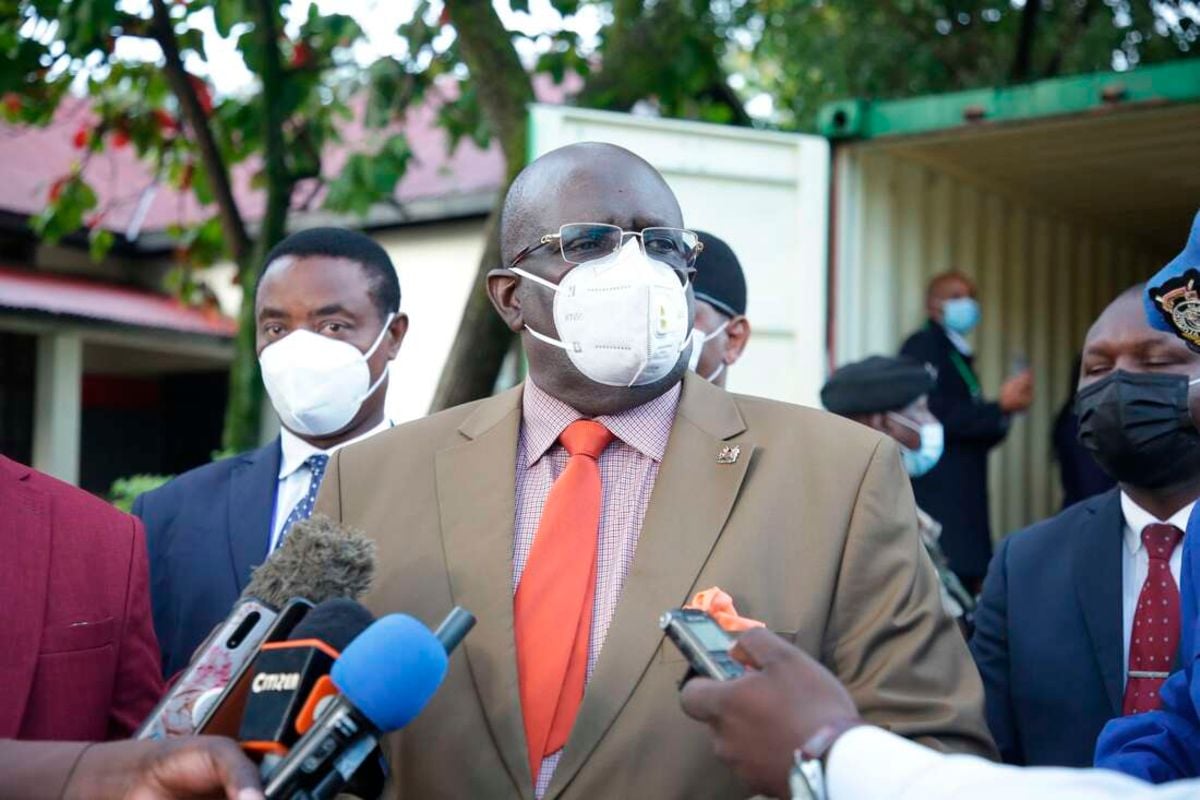Improving politics in the Post-COVID-19 World
After COVID-19, the globe will need to work together with different political systems. To declare victory for either a dictatorship or a democratic system, many people have been willing to do so.

After COVID-19, the globe will need to work together with different political systems. To declare victory for either a dictatorship or a democratic system, many people have been willing to do so. The democratic process has been criticized by critics of prioritizing political expediency above sound reasoning. Repression is a common criticism of autocracy. All across the world, you may find opportunities to acquire more modest lessons.
As with any sort of government, politicians prefer to choose popular choices over important ones. One of the most democratic nations in the world, Sweden and Denmark: Sweden, in contrast to Denmark, had a much lower death rate as a result of a far lower initial detention rate. As a result, on February 9th, Wuhan's government ignored the epidemic and held its Baibuting mass feast, which had devastating results. No matter how democratic the system, there is no such thing as a good leader. Certain municipal or city-level centers of authority may be able to provide insurance and a more expeditious manner of carrying out their responsibilities. State governors in the United States and Brazil took the epidemic more seriously than their national counterparts (albeit not resolving the need for coordination from the centre). Wuhan, China's local government accountability has been shown to be politically biased. Some Italian mayors have taken efforts to better enlighten their residents on national subjects. Local environmental health inspectors already in place were not quickly mobilized by the UK government. If local governments want to be more successful, they must strike the right balance between local control and national cooperation. Extremists on social media have too much influence. The underlying issues that divide the United States and China cannot be solved by jingoistic nationalism, though. A persuasive new argument about the need of working together must be made, despite the reality that they must concentrate their efforts and resources and accept disagreements with some outsiders. They need to maintain home security and international collaboration as an essential antidote to this.



























